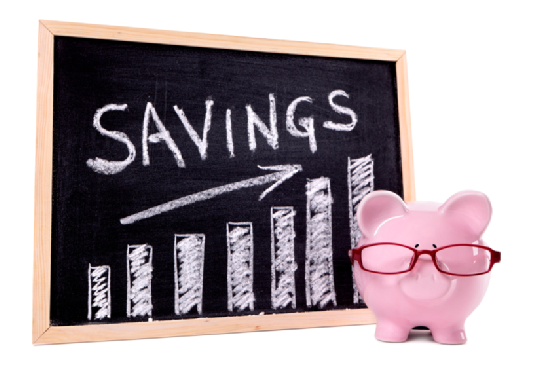You can reduce your annual gas (petrol or diesel) bill by a third, saving £100s. Trim your gas bills by a third. Use fast, simple solutions to make your car more cost-effective, and be sure you spend properly.
First step is to making your car more cost efficient. You could notice major improvements by doing minor tweaks to your car. Courtesy of RAC in helping with the performance improvement data. Always maintain inflated tyres that can improve your car efficiency by over 3%. Tyres with low pressure increases drag strain to the car which implies it consumes more fuel. So it is recommended to regularly check your car tyre pressures so your car needs less oomph to run.

Remove all the clutter from your car.
The lighter your car is, the more efficient it will be as it needs much less effort to accelerate. By removing all the junk from your car’s boot, maintaining it clean and clear, you can improve the efficiency by over 2% that can save your some extra bucks.
Get the roof rack off your car.
By doing so, you can improve your car’s efficiency by 2%. A roof rack adds huge wind resistance to a car even it unused increasing drag and straining the engine.
Simply put, if you don’t need a roof rack, just take it off. Also keep your windows closed that can slightly help your car in increasing its efficiency.
Do not switch on air conditioner at slow speeds.
If you can bare the cold or hot weather until your car runs fast, you can improve your car’s efficiency by over 8% which is a way above all that listed above. Air conditioning consumes a massive amount of fuel so it is strongly recommended to switch it off unless you really need it.
The standard consensus is it’s more cost-effective to drive with the air con off and the windows down at slower speeds, and at higher speeds, it’s more efficient to use air con with the closed windows as it creates extra drag to the car with the wind resistance.
And it is also not recommended to keep your air con always shut as it can it can make its functionality down and gradually it stops working.
Turn off the engine as soon as you can.
Furthermore, switch off the engine when you are not driving, or as soon as you reach your destination. This saves you from spending more on the fuel and helps in increasing the engine life.
Never fill up your tank.
You can improve the efficiency by 1% by not making your fuel tank full. Fuel is heavy and filling the tank means increasing the weight of the car.
Weight is indirectly proportional to efficiency. The less fuel your car has, the more efficiently it drives. So, filling up to half or 3/4th full will help the car increase its efficiency thus saving your money and runs smoothly.
You can reach the same destination in the same time; still use much less fuel, to cut up to 30% off your petrol/diesel costs without reducing your high speed. It’s basically about driving efficiently to improve your fuel performance.
Accelerate gradually.
Accelerating is good, but doing it gradually is important. If you are increasing the speed, then do it smoothly.
If you push the pedal harder, more fuel is consumed, however you could reach the same speed using much less fuel and less power. The best rule is to keep it under 3,000 revs.
Use the right gear.
Run it in the right gear. Always use the highest gear possible without having to labour the engine. So change up much before it seems normal – an approximate is don’t go over 3,000 revs although this may vary with each car.
Slowdown gradually.
Instead of using brake at all times, slow down your car naturally so it can use its momentum to stop.
Look at the road.
To achieve all this needs a constant attention to road. The more attentive you are, the greater is the change for you to plan ahead and drive accordingly.
Often all this boils down to one small rule of thumb. Each time you use accelerator, keep in mind that the harder you press your foot on it, the more fuel it consumes. Simply knowing this, and your road, should hugely boost the distance you can drive with the same amount of fuel.
Byker loves travelling in his car. With his passion for driving, he learned how to save money on fuel costs and drive efficiently.

